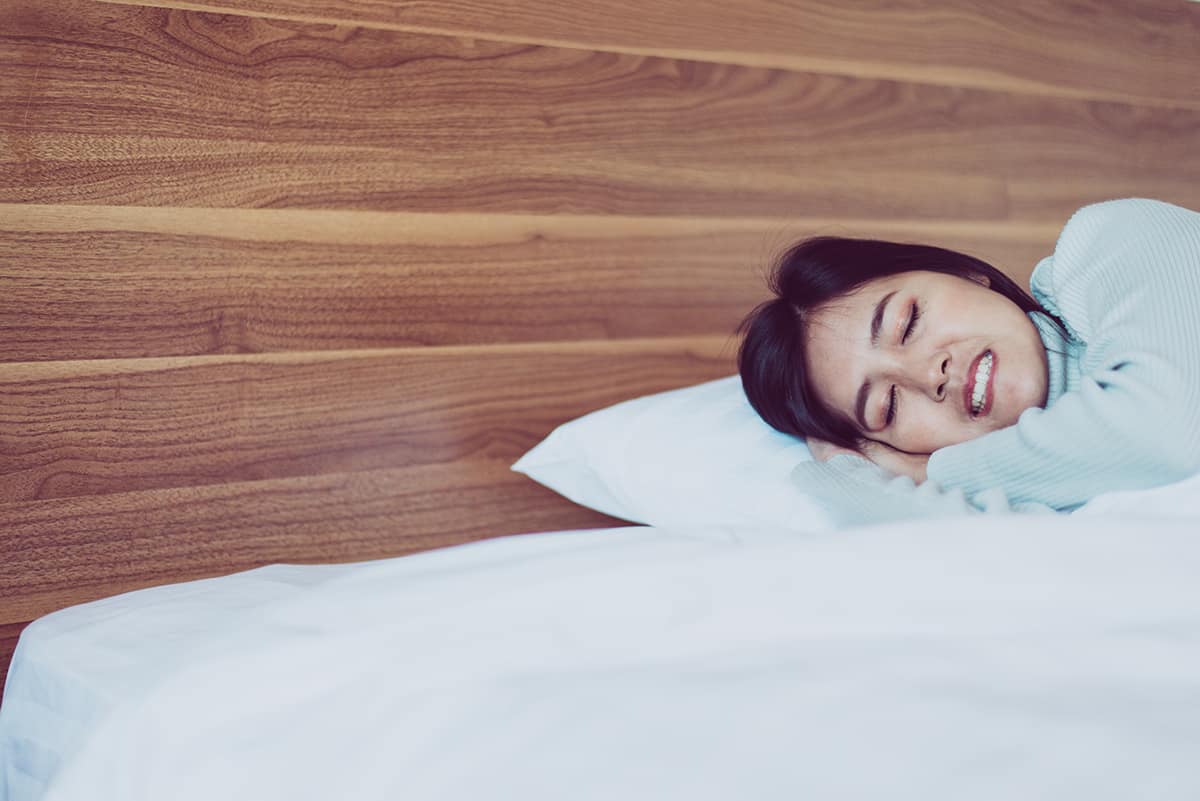Do you wake up with a dull headache, sore face, or tight jaw? These symptoms could indicate you’re battling bruxism, the act of clenching or teeth grinding. The condition is common in the U.S. When the condition continues over an extended period, it can cause cracked teeth and sensitivity. Visit a Lovett Dental Upper Kirby family dentist for examination and treatment if you suffer from this condition.
Contact Lovett Dental Upper Kirby today at 713-490-8888 to learn more.
Why Is Teeth Grinding Bad?
While occasional bruxism may not cause jaw or teeth damage, chronic grinding can lead to adverse dental problems, including tooth loss and fractures. When you leave it untreated, bruxism can reduce your teeth to stumps. If this happens, you will need advanced treatment procedures, such as a dental implant or root canal. Grinding affects your teeth, damages the jaw, changes your appearance, and causes hearing loss.
Several factors can cause bruxism. Studies suggest that most teeth grinding cases occurring during sleep are due to stress and anxiety. The condition is also associated with sleep apnea, a disorder characterized by interrupted breathing during sleep.
The consumption of some antidepressants, cigarettes, alcohol, and cocaine can enhance the risk of bruxism. The term “primary bruxism” describes the grinding of teeth caused by underlying conditions, while “secondary bruxism” involves medication issues and your lifestyle. All causes of bruxism suggest that the condition can negatively impact your overall well-being.
The Effects of Bruxism
Dental experts can perform a physical exam to establish whether you grind your teeth. Worn-out enamel is among the top tell-tale signs. Typically, a bruxism diagnosis can occur if you experience severe oral or facial pain, especially soreness that makes chewing difficult.
Some of the most common ways teeth grinding can negatively impact your health include:
- Exposure of the inner layers of the tooth due to wear and tear of the enamel
- Chipped, loose, fractured, or flattened tooth
- Disruption of sleep because of pain
- Soreness or pain in the jaw or neck
- An increased sensitivity or tooth pain
- Chronic migraines
How to Manage Bruxism
In children, bruxism can occur as they react to growth. You may not prevent such cases, but if your child is grinding teeth due to underlying issues like stress, you can avoid it. One way is to create a calm routine for bedtime. For example, include a warm shower before sleep, play soothing music, and limit the hours of watching television.
Limiting activities that can contribute to stress is critical. Also, examine your feelings and learn how to deal with anxiety. You can start the journey to stress management by talking to a close friend, meditating, or consulting a counselor who can equip you with essential coping skills.
If you think grinding teeth is causing you discomfort and disrupting your sleep, seek professional specialty dental treatment at Lovett Dental Upper Kirby. The recommendations of the dentist will depend on the cause and other factors unique to your situation.
For example, some treatment options might include a nightguard that fits into your mouth, preventing the grinding from causing adverse side effects. A dentist can help you get personalized dental appliances after examining your condition.
Get Professional Bruxism Treatment at Lovett Dental Upper Kirby
Bruxism is fully treatable when you act early, but ignoring it for years may cause severe damage to your teeth, thus demanding advanced dental procedures. Seek bruxism treatment and other essential services, such as:
- Professional teeth cleaning
- Dental crowns and bridges
- Nightguards
- Dental bonding
- Dental fillings and sealants
Get professional assistance for your teeth grinding problem at Lovett Dental Upper Kirby today. Contact us today at 713-490-8888 for more information on the right treatment options.







